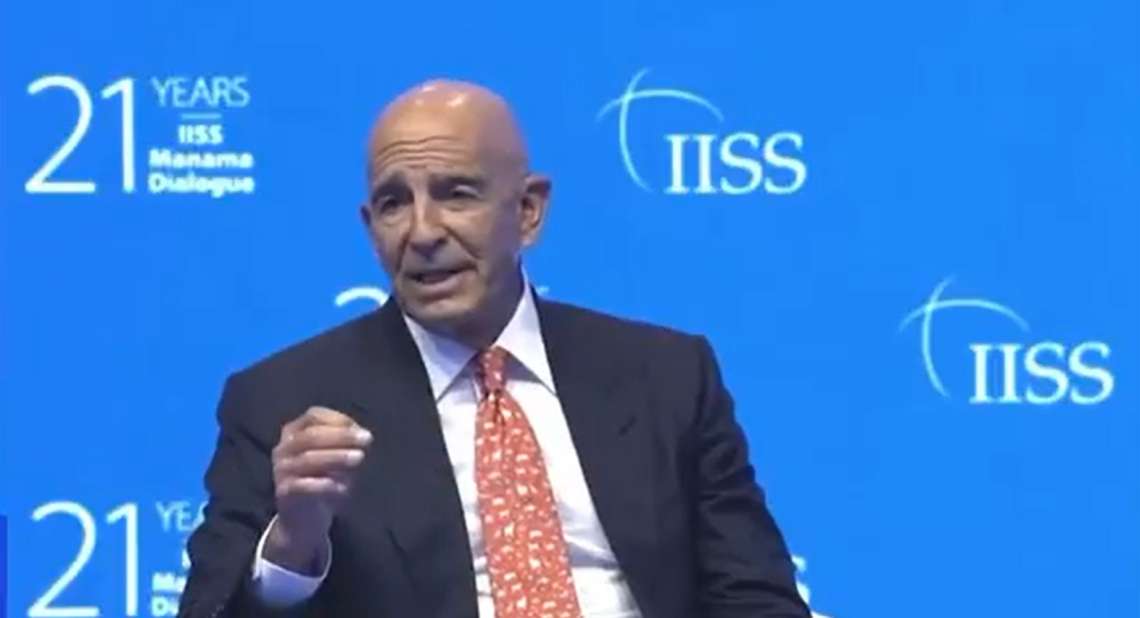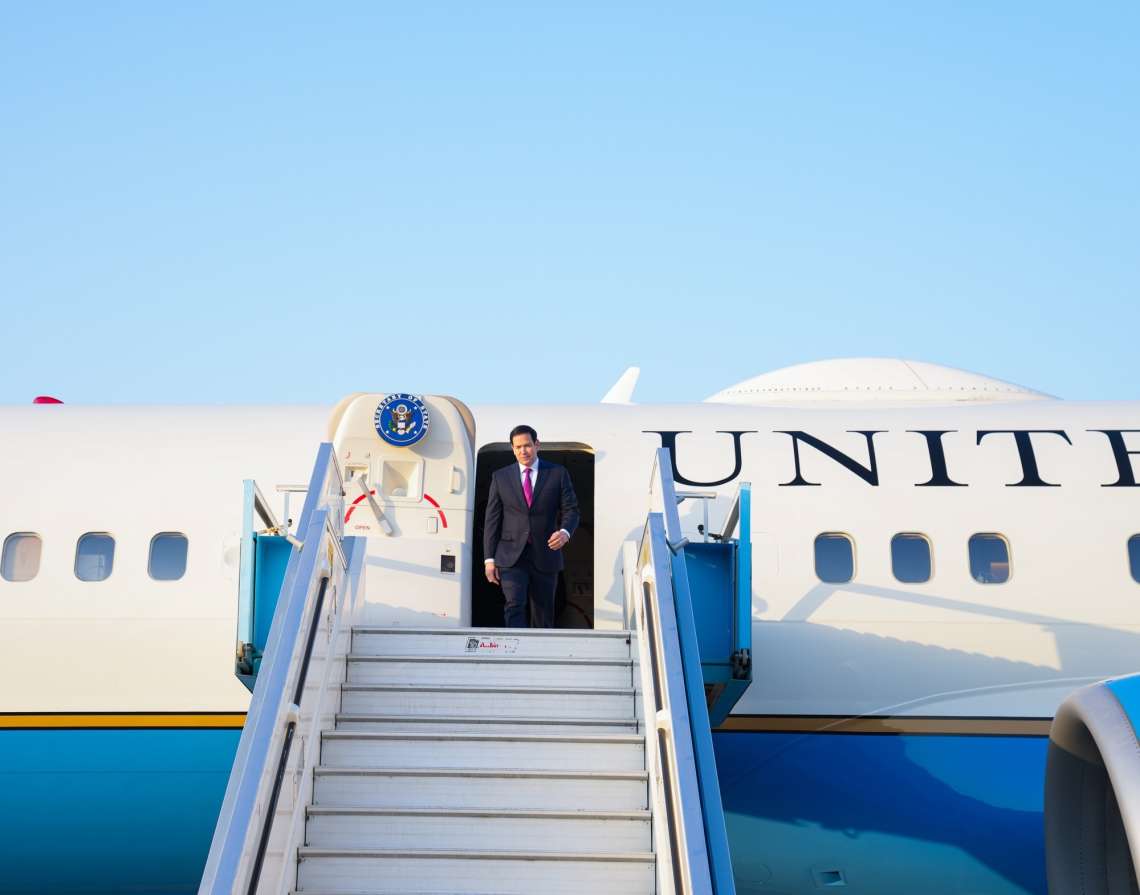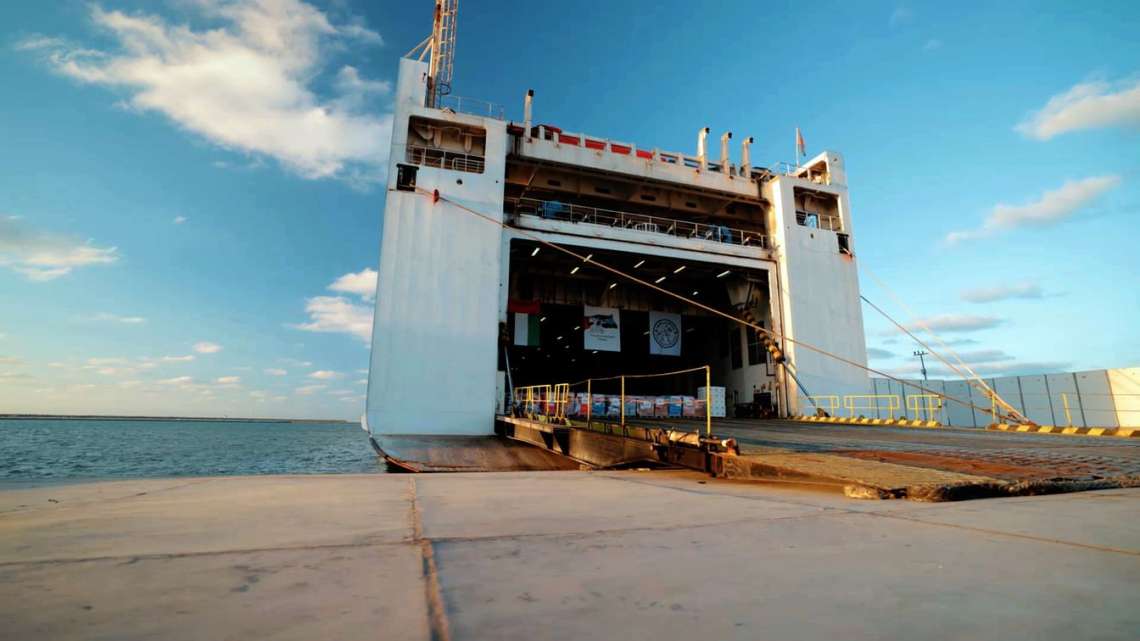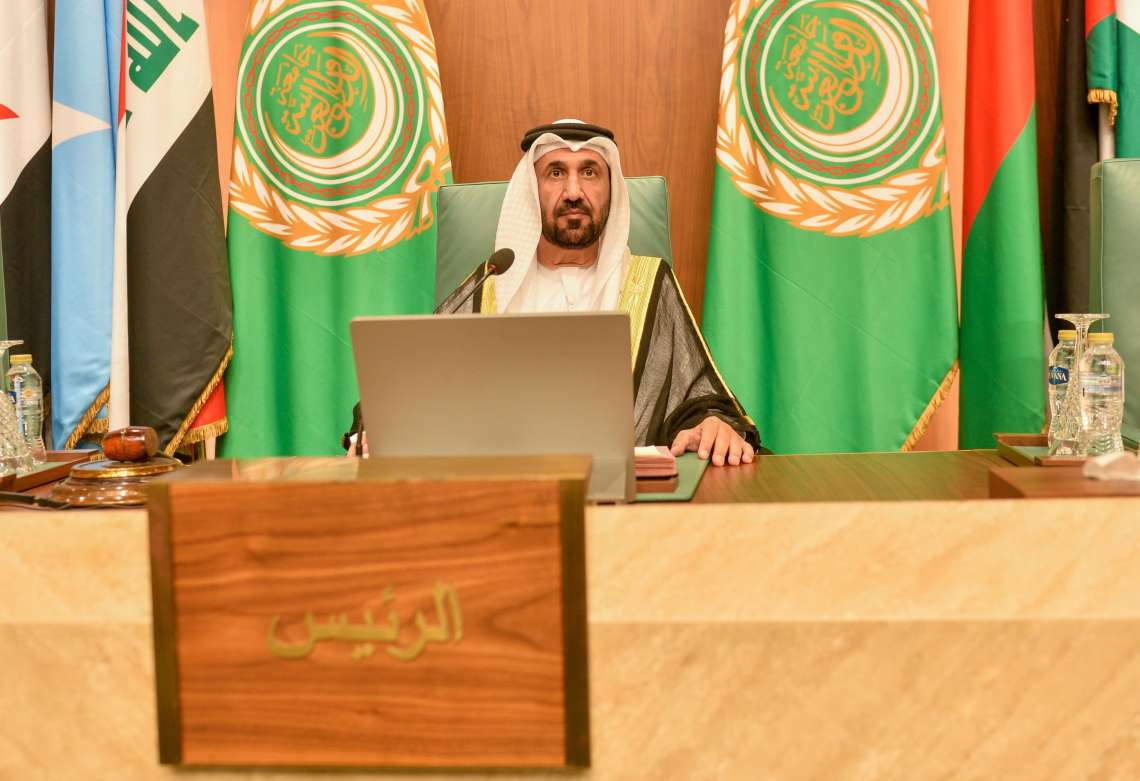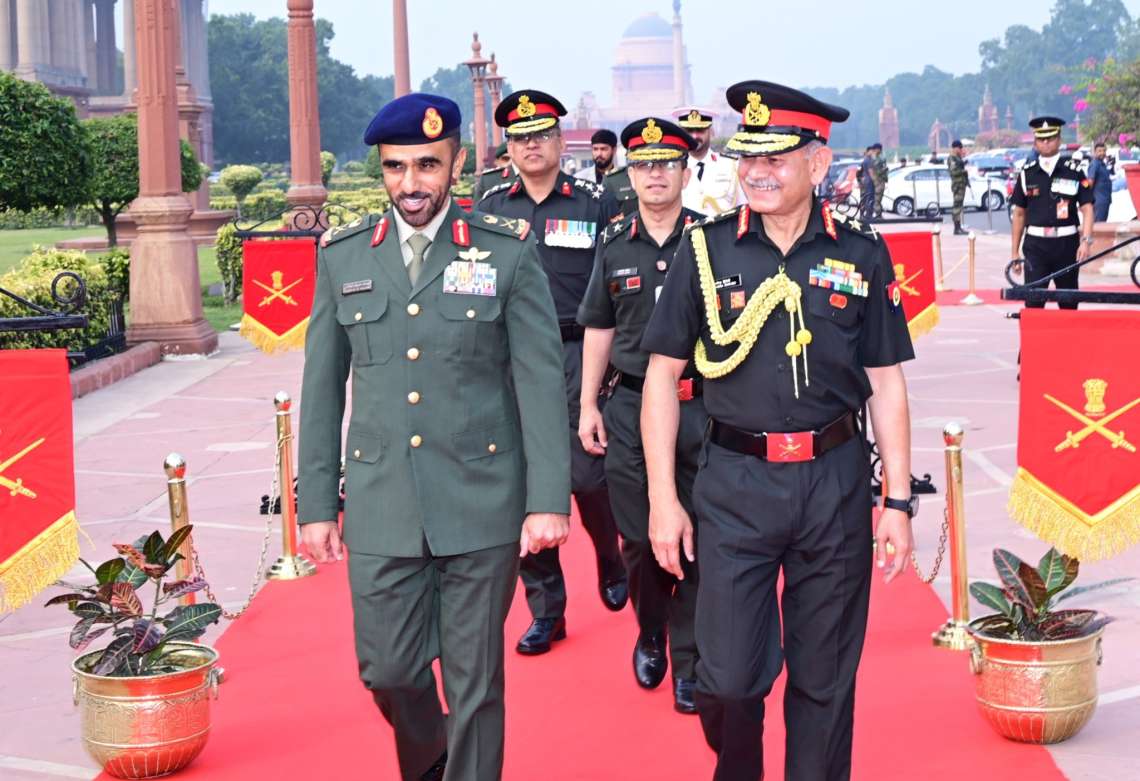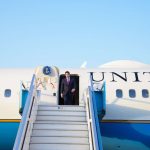Washington toughens tone on Lebanon while courting Syria’s new leadership, backing Israel and signalling a strategic pivot in Levant diplomacy as anti-IS cooperation expands….reports Asian Lite News
The United States has sharply criticised Lebanon’s political paralysis and deepening governance crisis, with Washington’s special envoy for Syria describing the country as “a failed state” and signalling dwindling American patience amid shifting regional alignments and renewed diplomatic overtures to Damascus.
Speaking at the Manama Dialogue security forum in Bahrain, Thomas Barrack framed Lebanon as the Middle East’s outlier at a moment of accelerated strategic recalibration in the region, arguing that Beirut’s inability to function as a sovereign state—combined with Hezbollah’s dominance in domestic affairs—had weakened Western appetite for intervention.
He said Lebanon was “the only state in the region not jumping in line with new Middle East realignments,” adding that the country’s paralysis stemmed from the overwhelming influence of the Iran-backed Hezbollah movement, which he described as operating as the de facto state by providing social services, military capacity and economic support where official institutions have collapsed.
According to Barrack, the United States would not be drawn deeper into Lebanon’s internal fractures. “It was up to the Lebanese to resolve their political crisis,” he said, asserting that Washington would not channel additional resources into a political system in which, in his view, “a foreign terrorist organisation and a failed state dictate the pace and ask for more support.”
Yet he also stressed that Washington would stand by Israel should cross-border tensions spiral again, stating that the US would “support its ally if Israel becomes more aggressive toward Lebanon,” signalling continued backing despite mounting humanitarian and reconstruction concerns inside Lebanon.
The remarks come as the Lebanese-Israeli frontier remains volatile following the months-long war between Israel and Hezbollah triggered by the Gaza conflict in 2023 and escalated dramatically in late 2024. Although a ceasefire formally took effect last November, both sides accuse each other of repeated violations. Israeli jets have continued near-daily strikes across southern Lebanon, which the Israel Defense Forces say are aimed at Hezbollah positions, weapons depots and command nodes. Lebanese officials argue the strikes have increasingly hit civilian infrastructure and residential areas.
Barrack said Israel’s operations stemmed from the presence of “thousands of rockets and missiles” in Lebanon, which he said continued to threaten Israeli towns and border communities. However, he acknowledged the limits of external pressure, noting that “it was not reasonable to demand Lebanon forcibly disarm one of its political parties,” and warning that such an effort risked dragging the country back into civil war.
While Lebanon faces ongoing instability, Barrack struck a markedly different tone on Syria, hailing recent developments since the fall of Bashar Al-Assad in December following a sweeping rebel offensive. He confirmed that President Ahmad Al-Sharaa of Syria is expected to visit Washington on 10 November, marking the first such trip by a Syrian head of state since independence in 1946—an extraordinary shift given years of US isolation of Damascus during Assad’s rule.
He described Syria’s expected move to join the US-led coalition against Daesh as “a big step” and “remarkable,” signalling what he called “a new chapter in Levant security cooperation.” The US-led coalition, comprising around 80 nations, has been focused on preventing a resurgence of Islamic State across Iraq, Syria and adjoining regions.
Barrack also suggested that diplomatic tracks between Israel and Syria were advancing, revealing that a fifth round of de-escalation talks was anticipated as part of American efforts to restore the 1974 ceasefire arrangements governing the Golan Heights frontier. He argued that Syria’s engagement demonstrated a path for broader stability, remarking that “Syria is showing the way,” even as he noted ongoing mistrust within Israel toward Syria’s new leadership.
Tensions between Israel and Syria have been high since Assad’s overthrow, with Israeli forces moving into UN-patrolled buffer zones and striking military sites in Syria to prevent what Israeli officials characterised as attempts by armed factions to re-establish positions near the border. Israel insists it will not permit hostile actors to entrench themselves along its frontier, pointing to Iranian-aligned forces that operated freely under Assad.
With the US positioning Syria’s reintegration as a pillar of its Levant strategy, and Lebanon effectively sidelined, Washington’s regional posture appears to be entering a new phase—one defined by selective engagement, conditional guarantees to allies, and a sharp boundary around Lebanon’s fractured politics.

